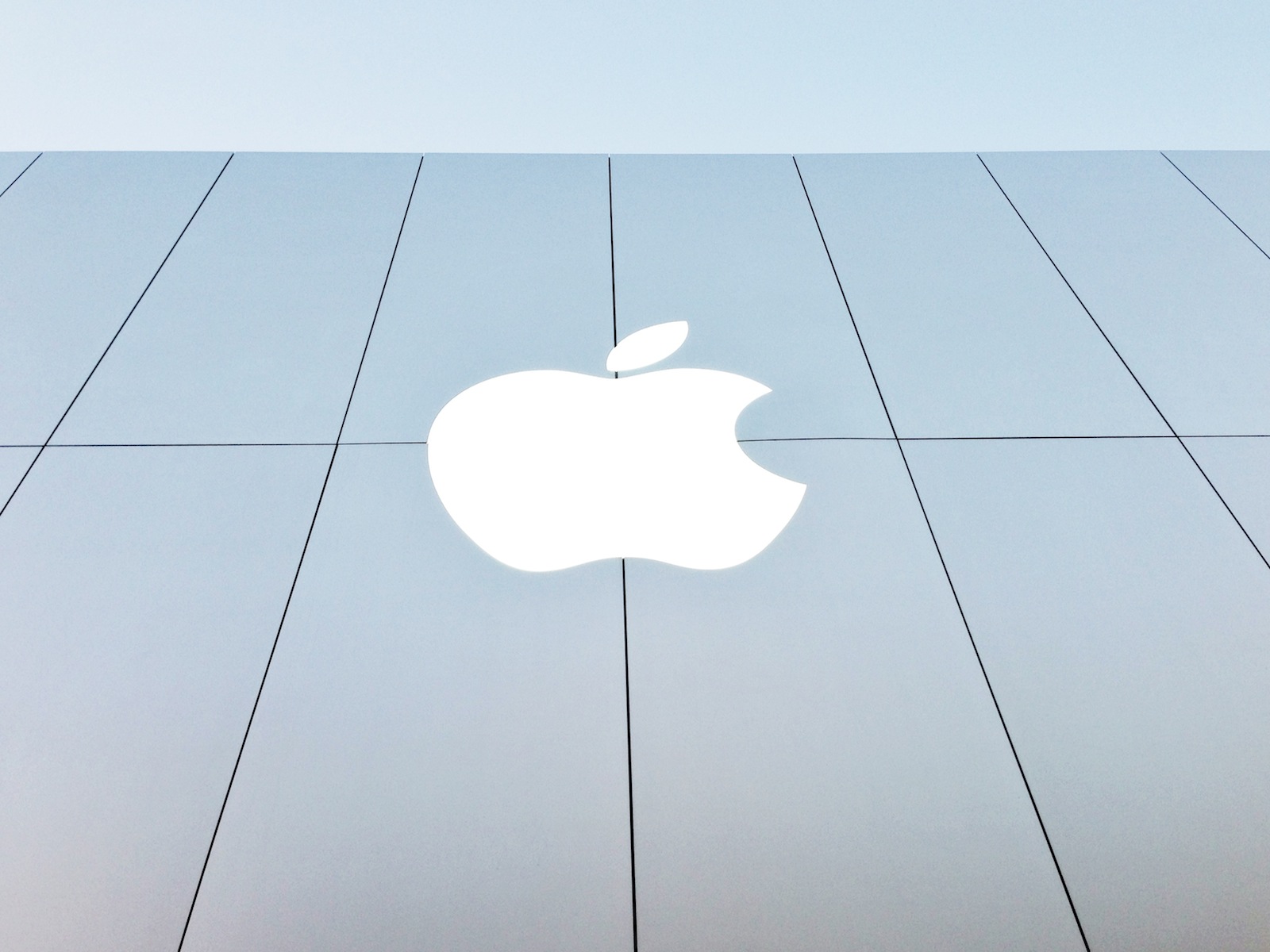
According to New York Post, 18-year-old Ousmane Bah from New York has filed a whopping $1 billion lawsuit against Apple over a false arrest that he believes happened because of the iPhone maker’s face recognition system that’s allegedly used in its retail stores.
The police arrested Bah last November over a series of alleged thefts in Apple’s brick-and-mortart stories in Boston, New Jersey, Delaware and Manhattan. In his lawsuit filed Monday, Bah argues that the arrest warrant included a photo that didn’t really resemble him.
The Boston theft charged him with stealing $1,200 worth of merchandise, but the incident took place on the day in June he was attending his senior prom in Manhattan, Bah said.
According to the lawsuit:
Apple’s use of facial recognition software in its stores to track individuals suspected of theft is the type of Orwellian surveillance that consumers fear, particularly as it can be assumed that the majority of consumers are not aware that their faces are secretly being analyzed.
“He was forced to respond to multiple false allegations which led to severe stress and hardship,” the complaint reads. A second company, Security Industry Specialists Inc., is also named in the claim. After seeing surveillance footage from the Manhattan store, a detective working on the case concluded that the suspect “looked nothing like” Bah, the lawsuit states.
Engadget has more:
Apparently, the real perpetrator used a stolen ID that had his name, address and other personal information. However, since the ID didn’t have a photo, the lawsuit claims Apple programmed its stores’ face recognition system to associate the real thief’s face with Bah’s details.
Wow, that’s a serious charge. Bah is basically saying that Apple intentionally trained the machine learning algorithm powering facial recognition so that it would link him to the thefts.The problem is, Apple doesn’t use facial recognition in its stores, according to a statement in Engadget’s article attributable to an Apple spokesperson.